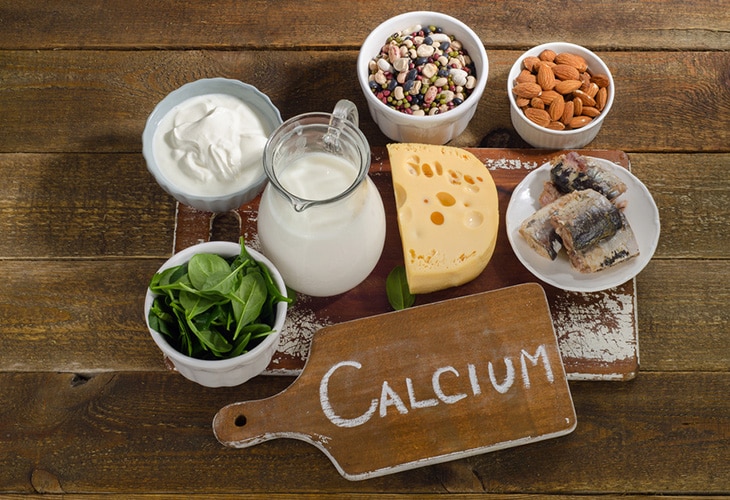
Tangier, less sweet, and creamier, Greek yogurt is getting more popular than regular yogurt these days. Some even suggest the exotic option is healthier than its conventional counterpart. But is that true? In fact, both Greek and regular yogurt can be part of a healthful diet in their plain, nonfat or low-fat forms as they are low in calories and packed with calcium and live bacterial cultures. But for the Mediterranean version, it is strained extensively to remove much of the liquid whey, lactose, and sugar, giving it its thick consistency, and more benefits in some ways.

Protein
Greek yogurt is high in protein, which helps promote fullness. On the other hand, an identical serving of regular yogurt may make your hunger pangs sooner. That makes Greek yogurt particularly appealing to vegetarians, as they need alternative source of protein other than meat.

Carbohydrates
The straining process removes some of the milk sugar, lactose, not only does the process make Greek yogurt less likely to upset the lactose-intolerant, and it also contains roughly half the carbs as the regular kind per serving. However both types of yogurt can contain high amounts of carbs if they’re sweetened with sugar or another sweetening agent.

Calcium
Regular yogurt provides 30 percent of the recommended daily amount of calcium intake, Though Greek yogurt loses some of its calcium content through the straining process, it still provides about 20 percent of the daily recommendation.

Fat
Full-fat Greek yogurt packs with saturated fat, a regular serving can contain 80 percent of your total daily allowance if you’re on a 2,000-calorie diet. So it’s recommended to read nutrition labels carefully and always stick to low-fat and fat-free versions










